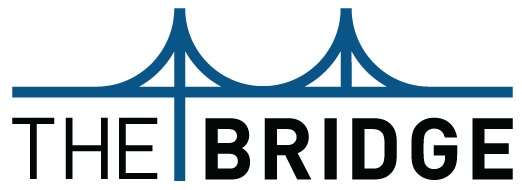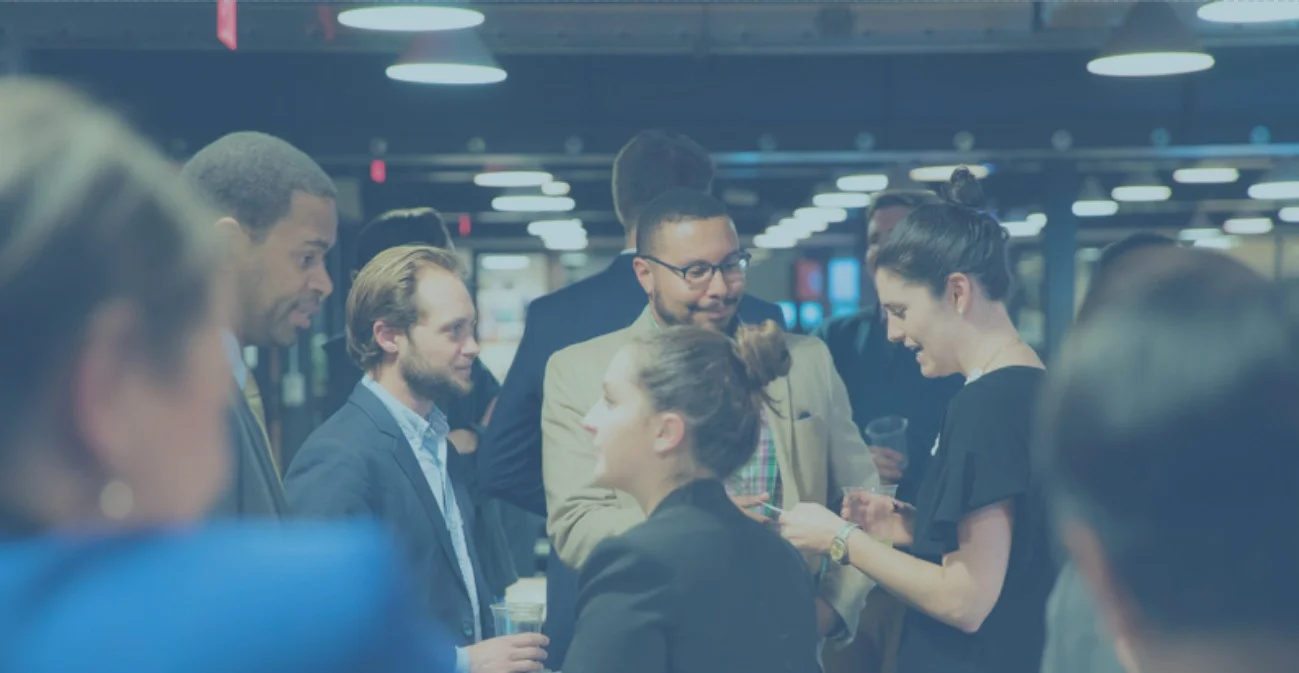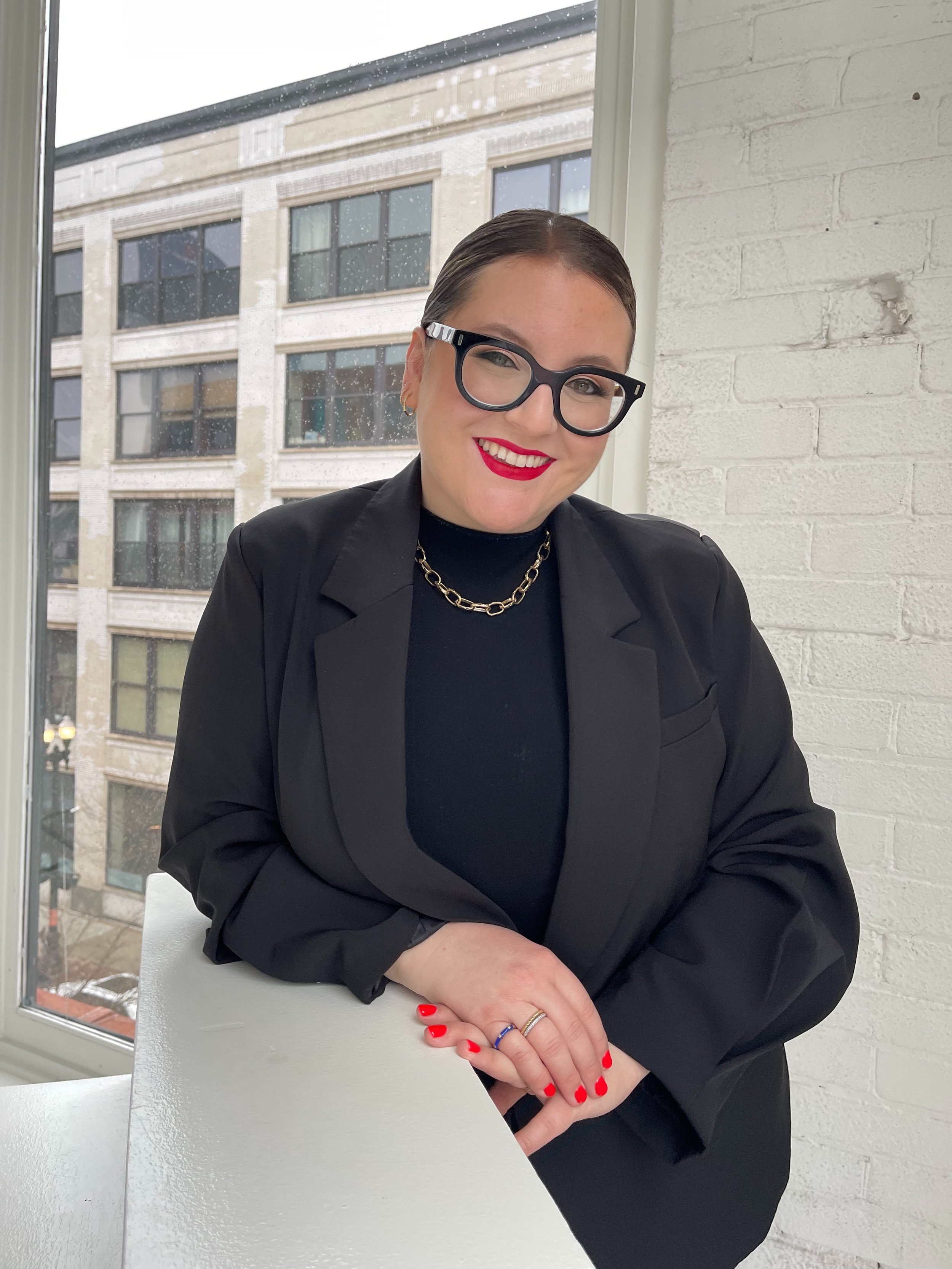TheBridge profile: Asya Kislyuk
Name: Asya Kislyuk
Current city: Carmel, IN
Current job: Looking for it!
Past job: Policy Programs Manager at Instagram; Policy Manager and Deputy Director, Community Engagement at Airbnb; Senior Program Assistant, Ukraine and Moldova at the National Democratic Institute; State Department Intern
Q. How are you currently bridging the gap between innovation and regulation? Like many colleagues across the tech sector, I was part of the recents layoffs at Meta, so currently looking for my next role where I hope to continue bridging gaps between innovation and regulation through narrative storytelling and community partnerships. A focus of many of my previous roles has been telling stories about innovation that are compelling to policymakers and bring new perspectives - like how Airbnb hosts in DC formed a tight-knit community, improving their neighborhoods and supporting locally-owned businesses in parts of the city not typically visited by tourists.
Building a narrative that ties technology innovations directly to the positive impacts they have in people’s lives can be a powerful way to connect with regulators and break through the tension that naturally exists between innovation and regulation to get people on the same page.
With Instagram, I focused on demonstrating to policymakers the economic value that Instagram’s tools provide for small business owners as well as the tourism industry. Just five weeks after I started, we had a global pandemic. Suddenly tourism came to a halt and many small businesses were in serious trouble. I had to think outside the box about how we could help small businesses weather the storm by connecting with customers online through new channels. It had an incredible impact, but also told a story about the power of digital tools and their benefits.
Q. Job advice in three words? Be authentically you
Q. What can innovators learn from policymakers? Policymakers know their communities. They’re often in touch directly with the people who are impacted by innovation and understand it in a different way than the innovators themselves. It’s important to really listen to policymakers to learn all the ways that technology can help solve pressing needs, or make things worse. It’s only through mutual understanding that we can bridge the gap between innovation and regulation.
Q. What can policymakers learn from innovators? Innovative leaders have an infectious energy that everyone can feel. A good leader can easily articulate their vision, a great leader can inspire an entire company to achieve it.
It’s also important for policymakers to understand the level of thought, analysis, and data that goes into decisions innovators make about their products and services - they are rarely made hastily or without broad input.
Q. Can you describe a skill you have carried throughout your career that has always proved to be valuable? The importance of genuine relationships and paying it forward. When I first moved to DC and wanted to become a foreign service officer, I had lots of coffee meetings. During one of them, I offered to pay and the person I was meeting with said, “No, this one's on me. But I hope that one day you’ll be in a position to offer career advice and buy a coffee for someone else.” That really stuck with me.
Now since being laid off and seeing so many colleagues and friends impacted as well, this is proving to be as important as ever. I’m so grateful to my incredible circle of supporters who have gone above and beyond offering their time, advice, and camaraderie.
Q. Most underrated virtue in an employee? Diplomacy
Q. What is the best job interview question you have ever been asked? “Can you tell me about yourself?” It sounds simple and is asked in almost every job interview, but I’ve completely changed the way that I think about and respond to this question in recent years. That’s because my family came to the US in the early 1990’s after fleeing religious persecution in the USSR, and I always tried to assimilate to my environment and shied away from telling my immigrant story. It wasn’t until I began interviewing for jobs later in my career that I learned the importance of telling my full story and sharing my unique perspectives, interests, and values -- not just my job experiences. You are your biggest advocate and it’s important to remember that your perspective matters and your story matters.
Q. Favorite spot for a coffee meeting? La Colombe in Blagden Alley (DC)
Q. Last time you were completely unplugged? In the last year, I’ve been trying to observe a modern Shabbat, the weekly Jewish sabbath where you refrain from working - or put in today's terms, refrain from using our screens and devices, each week. I’ve deleted time-consuming apps from my phone and instead spend time with friends and family, reading, being outdoors, and trying new things. This episode of Ezra Klein’s podcast really got me into it!
Q. Why are you part of TheBridge community? Or, why do you think it's important this community exists for tech, policy and political professionals? TheBridge is an incredible community of the smartest minds working to solve some of the most pressing needs in our society. It’s a great resource to learn from other leaders and also see familiar faces from time to time. I am hoping that through this network, I will be able to connect with people and find my next career opportunity in tech policy.
Q. Are there certain skills you think are essential to your job? Empathy. The keys to success in policy and public affairs are relationship building, diplomacy and negotiation. None of these can be achieved without putting yourself in someone else’s shoes and trying to see the situation from their point of view. Once you begin to see things this way, the path to achieving the goals of the job might be easier than you expect.
Q. Looking back, what advice would you give yourself in the beginning of your career? Don’t worry about following the “right” path - make it your own. The last two jobs that I had didn’t exist when I was in college, so there would be no use worrying about what I would “be” when I grow up!
Q. If you had to live in another city, which would it be? London. The exquisite food scene aside, there’s a lot of exciting things happening in the tech/tech policy scene that I would love to be a part of.
Q. Best advice you’ve received? Good managers are more important than good jobs.
Q. Favorite book and/or podcast you recommend? Book: Educated by Tara Westover. Podcasts: How I Built This with Guy Raz and Spectacular Failures, which are a nice complement to each other and show both sides of the startup experience.


